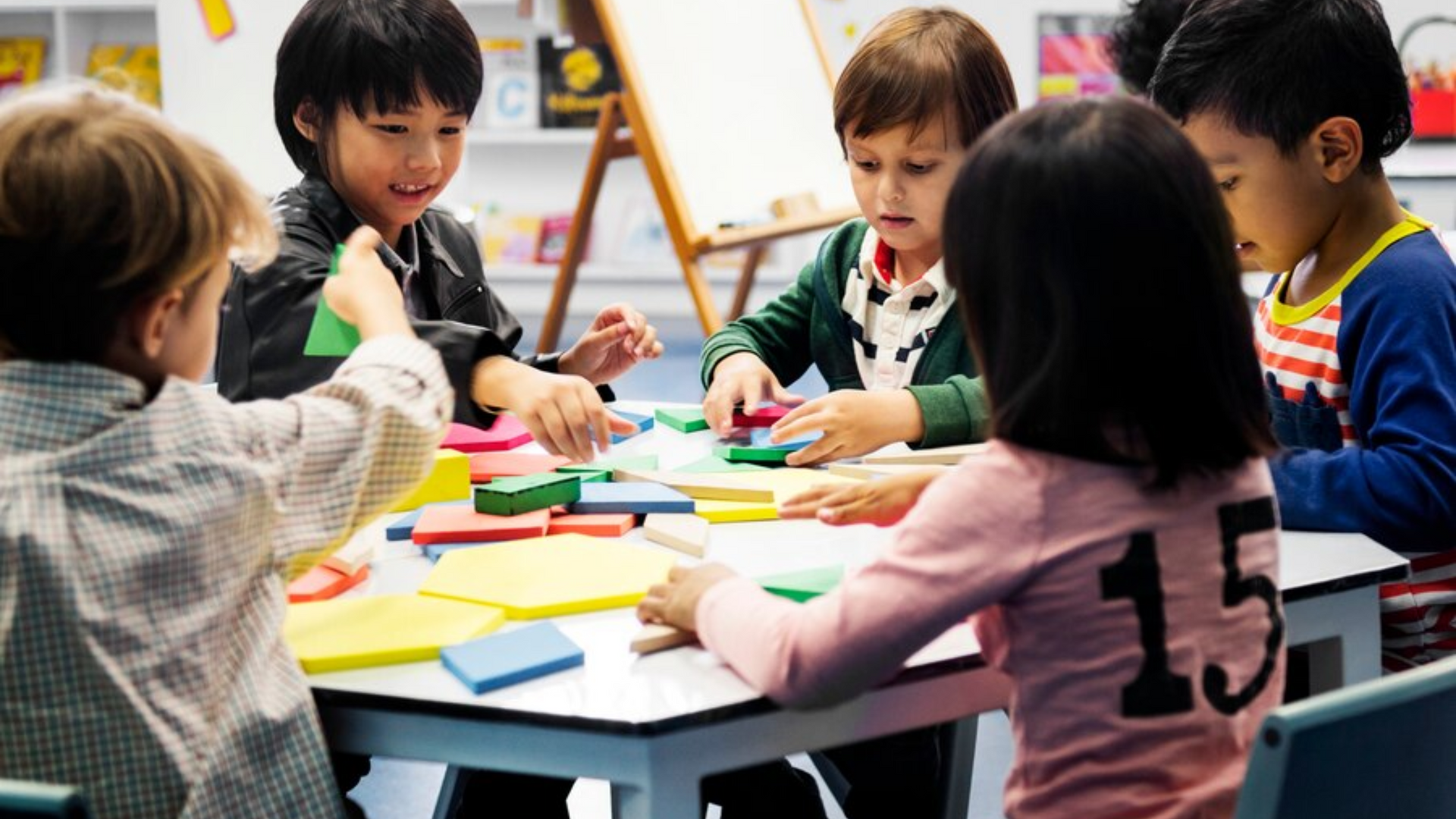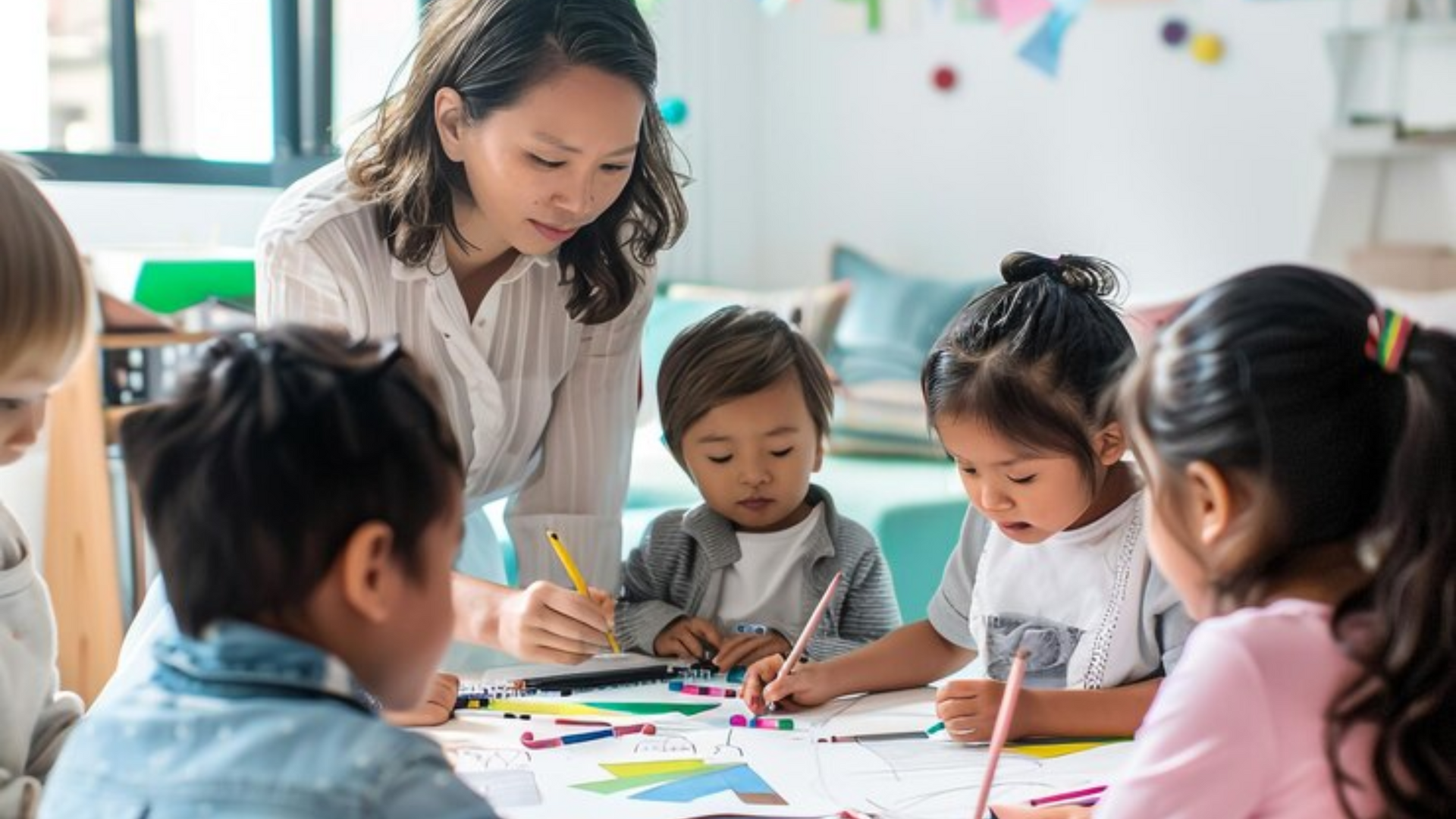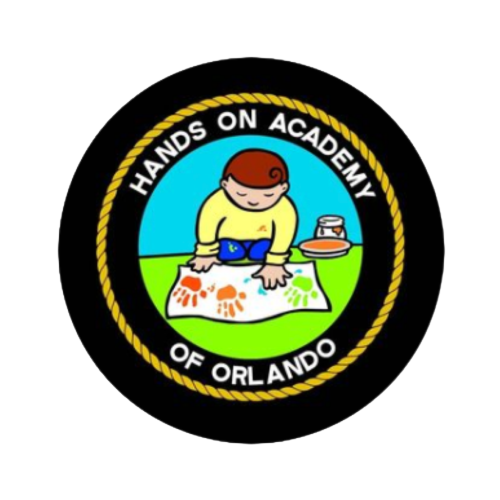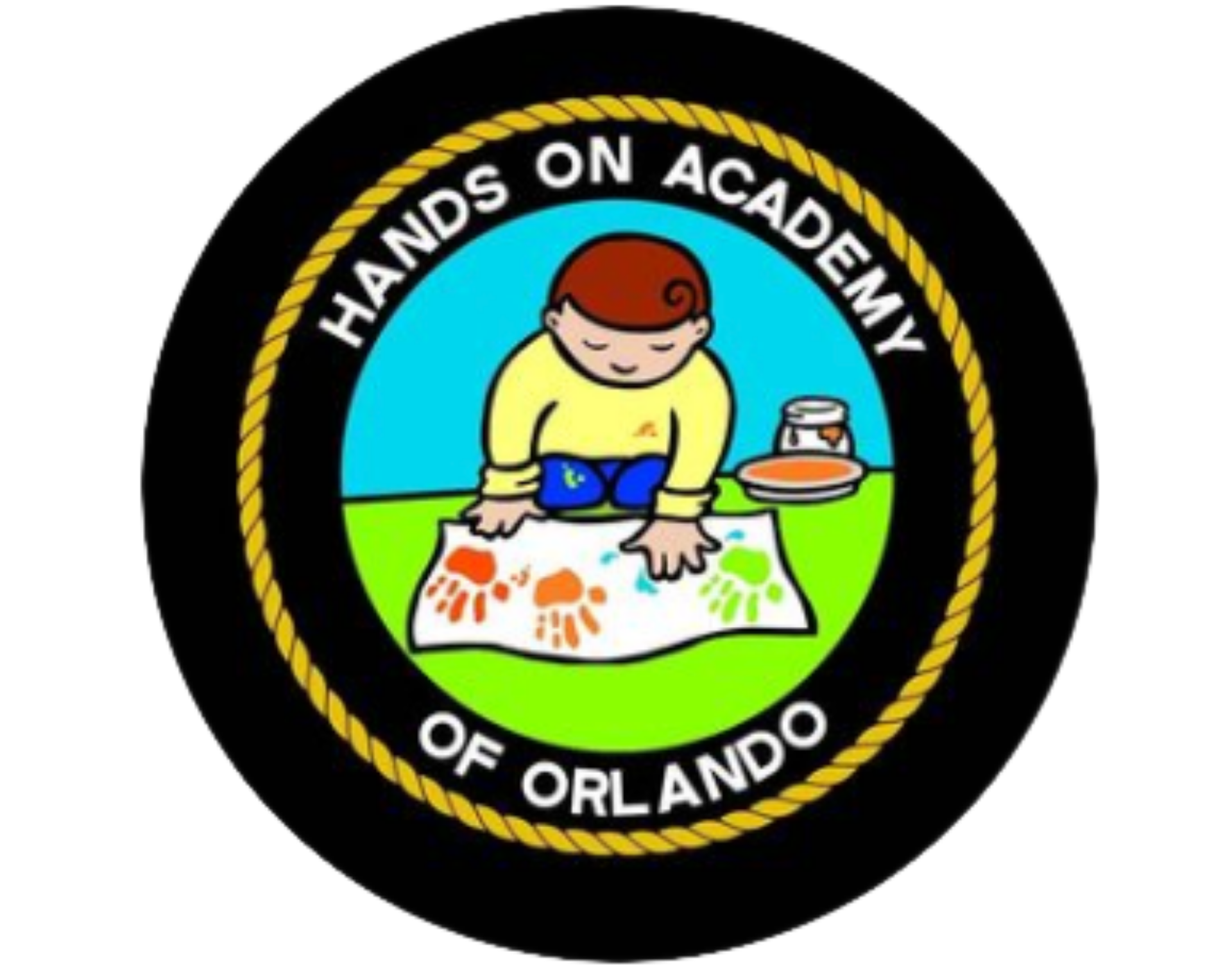The Importance of Socialization in Early Years

Socialization is one of the most fundamental aspects of early childhood development, laying the foundation for a child’s success in school and in life. From their first interactions with family members to their time spent in daycare, preschool, or other early educational settings, children are constantly learning how to communicate, share, collaborate, and build relationships. These social experiences help shape their cognitive, emotional, and behavioral development and equip them with essential life skills.
At Hands-On Academy of Orlando, we understand the significant impact that early socialization has on a child’s overall development. Our programs provide children with abundant opportunities to interact with their peers, learn important social skills, and navigate the complex world of relationships. In this blog post, we’ll explore the vital role that socialization plays in the early years, why it’s essential for a child’s growth, and how we support this in our curriculum.
What is Socialization?
Socialization refers to the process by which children learn to interact with others and understand the rules, expectations, and norms of society. It begins in infancy when children start to develop basic communication skills, and it continues to evolve as they grow older. Early socialization is crucial because it helps children:
- Develop communication skills: Learning how to express themselves and understand others is a critical part of socialization. Children need to be able to share their thoughts, feelings, and needs in ways that others can understand, whether it’s through words, body language, or gestures.
- Build relationships: Socialization teaches children how to build and maintain relationships, such as friendships with peers, positive interactions with teachers, and respectful communication with adults.
- Learn empathy: Understanding how others feel and being able to respond appropriately is a key component of socialization. Empathy helps children navigate social interactions and develop strong emotional intelligence.
- Understand social norms and behaviors: From learning to take turns to understanding how to ask for help, socialization teaches children about appropriate behavior in different situations. This helps them adapt to various social contexts, such as home, school, or community settings.
Why is Early Socialization So Important?
The early years of a child’s life are crucial for social development. Research has shown that the interactions and relationships children experience during these formative years have a lasting impact on their emotional, cognitive, and social well-being. Here’s why early socialization is so important:
1. Enhances Cognitive Development
When children interact with their peers and caregivers, they are exposed to new ideas, perspectives, and experiences. These interactions stimulate brain development and help children develop essential cognitive skills, such as problem-solving, critical thinking, and decision-making. Through social play, children learn how to communicate their ideas, listen to others, and collaborate to solve problems. This collaborative learning promotes cognitive growth and prepares them for more complex academic tasks in the future.
2. Improves Emotional Intelligence
Emotional intelligence (EQ) refers to the ability to recognize, understand, and manage one’s own emotions and the emotions of others. Early socialization plays a critical role in developing EQ. When children interact with others, they learn how to express their feelings appropriately, recognize how others feel, and respond with empathy. This helps them build healthy relationships and manage conflicts effectively. Children with high emotional intelligence are more likely to succeed in school and in life because they can navigate social situations with confidence and maturity.
3. Prepares Children for School Success
Socialization is essential for school readiness. Children who have had positive social interactions before entering school are better equipped to handle the social and academic challenges of a classroom setting. They are more likely to engage with their peers, ask questions, share ideas, and work collaboratively in group activities. In addition, they are better prepared to follow instructions, respect authority figures, and manage transitions. These skills are crucial for success in school and beyond.
4. Fosters Positive Behavior
Through socialization, children learn about boundaries, respect, and appropriate behavior. They discover what is acceptable and what is not, both in terms of their actions and their words. In early childhood settings like Hands-On Academy, children have the opportunity to practice these social behaviors in a supportive environment. Teachers and caregivers model positive behaviors, such as sharing, taking turns, and showing kindness, and children learn to replicate these actions in their own relationships.
5. Builds Confidence and Self-Esteem
Socializing with peers and adults helps children develop a sense of self-worth and belonging. When children feel accepted by others and are able to form meaningful relationships, their self-esteem grows. Socialization also provides opportunities for children to assert themselves, make decisions, and take risks, which boosts their confidence and encourages them to be more independent. Children who feel confident in their social interactions are more likely to be confident in other areas of life, including academics and extracurricular activities.
How Hands-On Academy Promotes Socialization
At Hands-On Academy of Orlando, we recognize the critical role that socialization plays in early childhood development, and we’ve built our programs to provide ample opportunities for children to engage with their peers and develop essential social skills. Our approach to socialization is centered around creating a safe, supportive, and nurturing environment where children feel comfortable exploring relationships and building connections.
1. Structured Group Activities
Our daily schedule includes a variety of group activities that promote social interaction and cooperation. Whether it’s circle time, group discussions, or collaborative projects, children are encouraged to work together, share ideas, and problem-solve as a team. These structured activities help children develop communication skills, learn to work with others, and practice good manners.
2. Free Play and Exploration
Free play is an essential part of our curriculum, as it allows children to interact with their peers in unstructured settings. During free play, children can explore different social roles, practice negotiation skills, and learn how to share and take turns. Whether they’re playing with toys, building structures, or engaging in imaginative play, children develop social skills that are crucial for their future success.
3. Emotional and Social Support
Our teachers are trained to recognize the social and emotional needs of each child and provide appropriate guidance. Whether a child is struggling with a conflict, feeling shy, or navigating a new friendship, our teachers offer support and encouragement. We help children understand and express their emotions, manage frustration, and communicate effectively with others.
4. Diverse Social Interactions
We understand the importance of exposing children to a variety of social experiences. Our programs provide opportunities for children to interact with peers of different backgrounds, ages, and abilities. This helps children develop empathy, appreciate diversity, and understand different perspectives.
5. Parent and Family Involvement
Socialization extends beyond the classroom, and we encourage families to be an active part of their child’s social development. We provide opportunities for parents to engage in school events, participate in classroom activities, and interact with other families. This strengthens the sense of community and helps children develop positive relationships with both peers and adults.
Conclusion
Socialization is one of the cornerstones of early childhood development, influencing cognitive, emotional, and social growth. At Hands-On Academy of Orlando, we prioritize creating an environment where children can develop essential social skills, build meaningful relationships, and gain confidence. By offering a blend of structured group activities, free play, emotional support, and diverse social interactions, we ensure that children are well-equipped to navigate the world around them and succeed in school and life.
As you consider your child’s social development and early education, you may be wondering about the best time to start childcare and the benefits of early enrollment. To explore these topics further, take a look at our articles on
What’s the Best Age to Start Childcare and
7 Advantages of Early Childcare Enrollment to learn more about how early childhood experiences can set your child up for a lifetime of success.

























